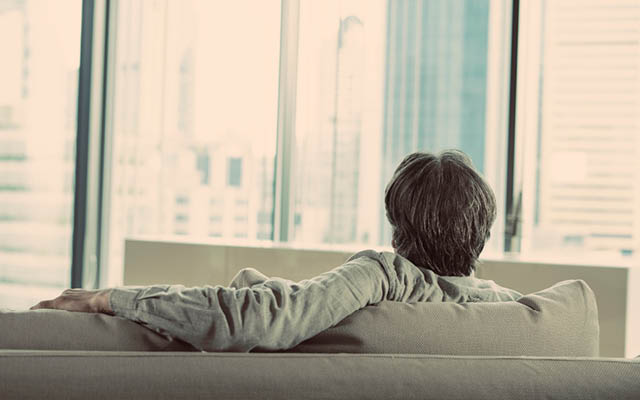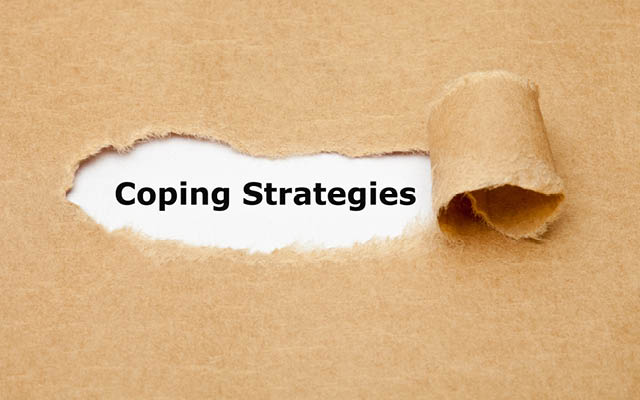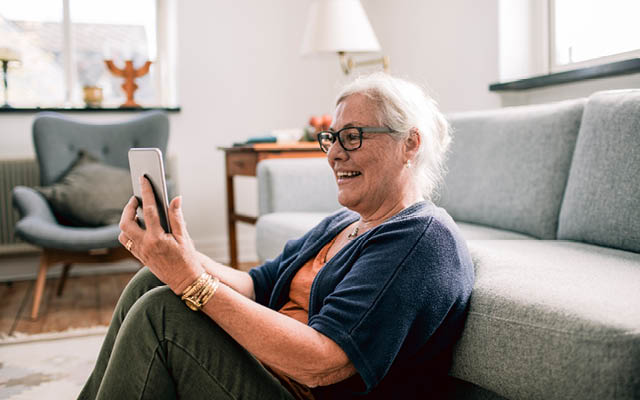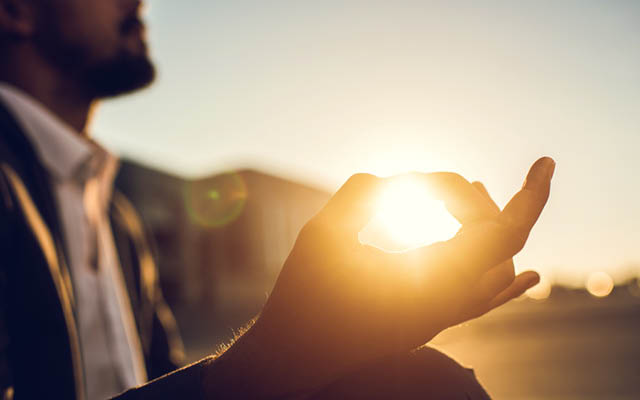It’s ironic, I suppose, that the people who most urgently need to isolate themselves during the current pandemic are also the ones who are most vulnerable to the unhealthy consequences of an isolated life. I’m talking about geezers like myself who have been told to stay indoors for the foreseeable future, even though obeying that order could extend another pandemic among the senior set: loneliness.
A 2019 University of Michigan poll found that one in four older Americans reported feeling isolated at least some of the time, and one in three said they lacked regular companionship. Those numbers are bound to spike in the weeks ahead, threatening to saddle a wide swath of housebound seniors with anxiety, malnutrition, dementia, insomnia, substance abuse, and other well-documented products of a lonely life.
“Loneliness creates a kind of toxic chain reaction in our body: It produces stress, and the chronic release of stress hormones suppresses our immune response and triggers inflammation,” Amanda Ripley writes in the Washington Post. “And the elderly, who are most at-risk of dying from COVID-19, are more likely to say they are lonely.”
I’m pleased to report that, after 12 days of (mostly) sequestered life, My Lovely Wife and I don’t seem to be suffering much from a lack of human contact. Of course, we’re not the most sociable people you’ll ever meet; nothing pleases us quite as much as when a social obligation is canceled at the last minute. Still, we miss our favorite coffee shop and the neighborhood bistro, destinations which routinely served as the primary reasons to climb onto our bicycles. And, as lifelong Minnesotans, we just feel weird to be spending so much time indoors in March without the drama of a decent blizzard.
Overall, though, our comparative isolation hasn’t produced much grief — not enough anyway to break down and start calling people on the phone. Ripley, author of The Unthinkable: Who Survives When Disaster Strikes — and Why, argues that connecting via telephone is the best way to maintain contact when you’re confined to your quarters. “The phone is your lifeline,” she writes. “I’ve set a personal goal to talk (actually talk, not text) with one or two friends, elderly neighbors, or family members by phone every day until this pandemic ends.”
I admire her sociability, and wonder whether she still uses a landline, because I’ve found that trying to converse with someone on a smartphone is about as efficient as the White House’s response to the novel coronavirus. It’s probably just me and my hearing aids, but if I hold the phone up to my ear, inevitably some part of my face will lightly brush against the little red button with the phone image and the line will go dead. And if I rely on the phone’s speaker, the fuzzy conversation that ensues travels well beyond its intended target.
We did call our offspring last week to listen for any telltale coughing (there was none) and request a report on their current situation. They tend to avoid disclosing anything that might be of interest unless it involves an urgent transfer of funds, however, so the conversations were brief, predictably bland, and ultimately inexpensive.
I was more interested in a couple of Ripley’s other tips because, well, they validate my own strategies for outlasting the pandemic. Exercise and mindfulness meditation, she notes, both combat the hazards geezers face while quarantined by lowering stress levels, reducing inflammation, and boosting immune function. One of the upsides to working at home is that my commute only requires that I scale a flight of stairs, so I have more time than usual each morning for my daily zazen session and a moderately intense (for me) workout. It’s a regimen that clears my head and helps me digest my breakfast — not to mention the front-page headlines — a little more calmly.
It’s still early in our confinement, so I’m not going to suggest that these or any other strategies will carry us through without enduring some periods of loneliness and missed connections. (I may need professional help if my favorite golf course closes.) We’re facing a uniquely vexing health challenge, and nobody knows at this point how it’s going to play out. I’ll say this, though: If I’m still confined to quarters 18 months from now, I might be forced to pick up the phone and make a few calls. And it’s a pretty good bet that I won’t be scheduling a tee time.




This Post Has 0 Comments